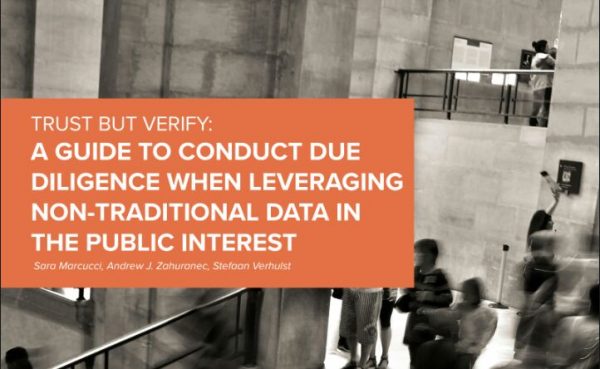Blog by Harvard Public Health: “Cities influence our health in unexpected ways. From sidewalks to crosswalks, the built environment affects how much we move, impacting our risk for diseases like obesity and diabetes. A recent New York City study underscores that focusing solely on infrastructure, without understanding how people use it, can lead to ineffective interventions. Researchers analyzed over two million Google Street View images, combining them with health and demographic data to reveal these dynamics. Harvard Public Health spoke with Rumi Chunara, director of New York University’s Center for Health Data Science and lead author of the study.
Why study this topic?
We’re seeing an explosion of new data sources, like street-view imagery, being used to make decisions. But there’s often a disconnect—people using these tools don’t always have the public health knowledge to interpret the data correctly. We wanted to highlight the importance of combining data science and domain expertise to ensure interventions are accurate and impactful.
What did you find?
We discovered that the relationship between built environment features and health outcomes isn’t straightforward. It’s not just about having sidewalks; it’s about how often people are using them. Improving physical activity levels in a community could have a far greater impact on health outcomes than simply adding more infrastructure.
It also revealed the importance of understanding the local context. For instance, Google Street View data sometimes misclassifies sidewalks, particularly near highways or bridges, leading to inaccurate conclusions. Relying solely on this data, without accounting for these nuances, could result in less effective interventions…(More)”.

